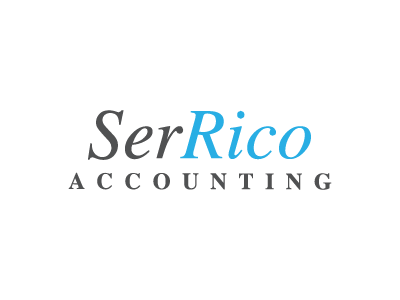How to avoid unwanted ATO attention
Nobody wants to attract unwanted scrutiny from the ATO. Tax audits can be stressful and potentially costly. They are also increasingly well targeted, now that the ATO’s data matching capabilities are making it easier to pick up discrepancies. The best way to avoid an audit is to know how to stay out of trouble in the first place.
Whether it’s not declaring foreign or business income, claiming too much for work-related deductions, or not paying your employees’ superannuation, some activities are likely to attract the tax man’s interest.
Here are some simple steps you can take to reduce the likelihood of the ATO taking a closer look at your personal or small business return.
Declare all your income
For individuals, it’s important that you include all your taxable income in your return. Ultimately, the responsibility for including all your income rests with you, so ensure you report everything as the Tax Office will use a wide variety of information sources to cross check.
Common mistakes are not including capital gains you received when selling shares or property or forgetting income from overseas sources such as a business, rental property or shares.
When it comes to tax deductions, the ATO is particularly interested in your workrelated expenses. If your deduction claims are unusually high compared to other people in similar industries, the ATO will want to know more. A good tip is to check out the ATO’s guides to deductions for specific industries.
Take care with property investments
Tax deductions claimed on your rental property are another red flag for the ATO, so it’s important to follow the rules.
Ensure you understand the difference between claims for depreciation and capital works, and only claim expenses for periods when the property is rented, or genuinely available to tenants. And don’t forget you can no longer claim travel expenses for inspecting your property or undertaking maintenance.
The ATO is also interested in any noncommercial rental income received from a holiday home, so if you let your property at a discounted rate to relatives or friends, you need to limit the amount of deductions you claim to avoid problems.
If you have a loan for an investment property and are claiming for the cost of interest on the loan, you need to split your deduction into private and business purposes.
Watch your business reporting
When it comes to small business, the ATO looks for enterprises that incorrectly or under report their sales (both cash and electronic payments) or fail to register, so ensure you keep good business records and lodge accurate business activity statements.
Another warning signal for the ATO is businesses that report outside the normal small business benchmarks for their industry. These benchmarks are helpful for comparing your business’s financial performance against similar businesses, but they also provide the ATO with a useful tool for comparing tax payments and deductions claimed by businesses across the industry.
As more customers pay electronically, the ATO is also increasingly interested in cash-only businesses which it views as more likely to be avoiding tax. If your business operates and advertises as being ‘cash-only’, or does not accept electronic payments, you will need to keep detailed records of your takings and payments, as the ATO will be extremely interested in your tax returns.
Pay your staff correctly
If your business employs staff, ensure you are deducting Pay As You Go (PAYG) withholding from their wages and regularly forwarding it to the ATO. Making regular Superannuation Guarantee (SG) contributions to your employees’ super funds is also important if you want to avoid ATO scrutiny.
Not paying the correct amount of Fringe Benefits Tax or incorrectly accessing FBT concessions are also red flags, so ensure you are complying with the rules.
If you are registered for Goods and Services Tax (GST), ensure you are actively carrying on a business or you may find yourself talking to an ATO auditor.
The key to ensuring your tax return is correct is to get professional help. We can help you to maximise your tax return, while ensuring that it is correct and compliant.
